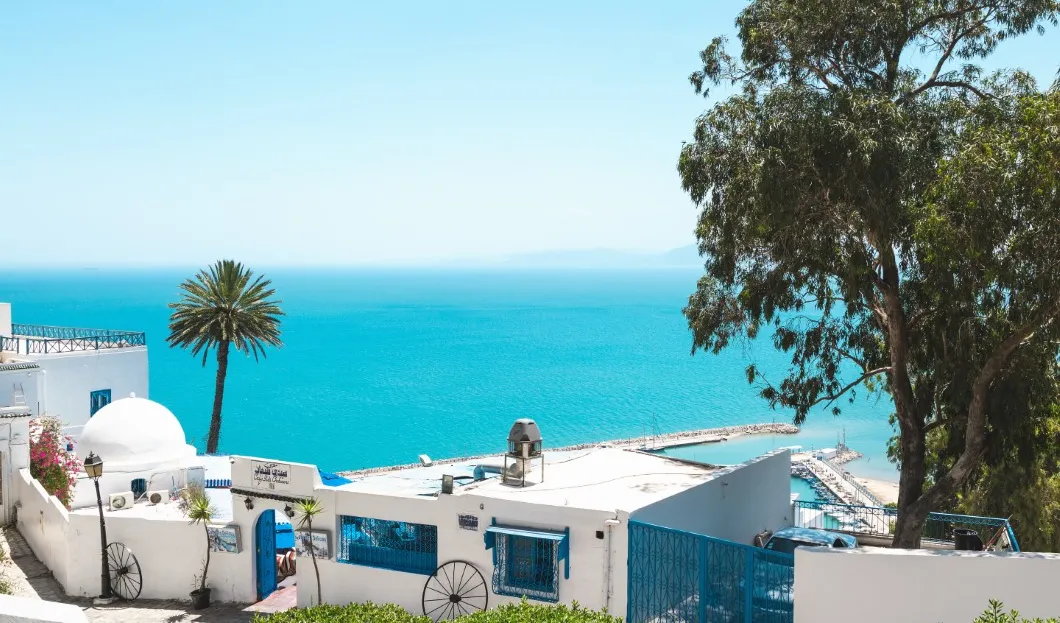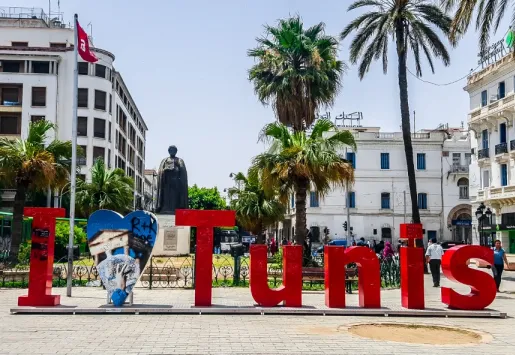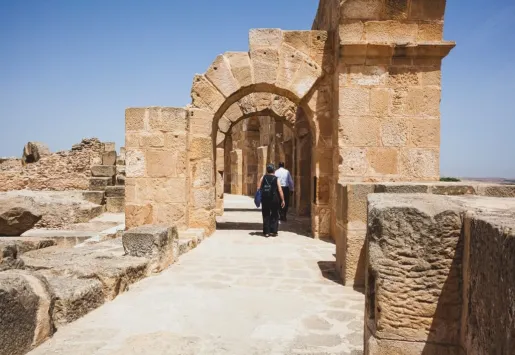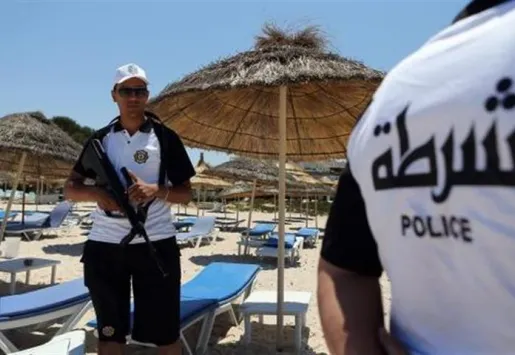
Visitor numbers and tourism revenues in Tunisia increased significantly in the first half of 2019 compared to the previous year, confirming the recovery of this sector, which had suffered from deadly attacks in 2015.
Nearly 4 million people visited the country in the first six months of the year, an increase of 16.87% compared to the same period last year. 2018 had marked a rebound in Tunisian tourism after years of stagnation following two deadly jihadist attacks in 2015 that targeted tourists at the Bardo Museum and the seaside resort of Sousse.
A 22% increase in European visitors
This increase in visitor numbers is particularly marked among British tourists, who are twice as numerous as in 2018. The number of European visitors grew faster (+22%) than the number of Maghreb visitors (+18.3%).
At the same time, revenues generated by tourism increased, with 25.5% growth in euros (526.2 million euros on June 20) and 42.9% increase in dinars (1.8 billion dinars). The difference is explained by the significant depreciation suffered by the Tunisian dinar for three years.
On the other hand, the number of overnight stays has increased more moderately than attendance, reaching 7.8 million overnight stays on June 10, according to the Ministry of Tourism. In comparison, this number was 13.6 million overnight stays for 2.9 million tourists in 2010, a reference year of tourism before the revolution that led to the fall of the Zine el-Abidine Ben Ali regime.
No impact of the 27 June attack on attendance
On 27 June, a double suicide attack claimed by the Islamic State organization killed a police officer and a civilian in Tunis, raising the specter of violence in the country. But several foreign tour operator unions had indicated that this had not led to any significant cancellation. "All the hotels in Tunisia are full, they will be tomorrow, the day after tomorrow, in July, in August," said Tourism Minister René Trabelsi, who is expecting 9 million tourists for the whole of 2019, a record for the country.
After the uprising in 2011, the country was confronted with a rise in the jihadist movement, responsible for the deaths of dozens of soldiers and police officers, but also of many civilians and 59 foreign tourists.














